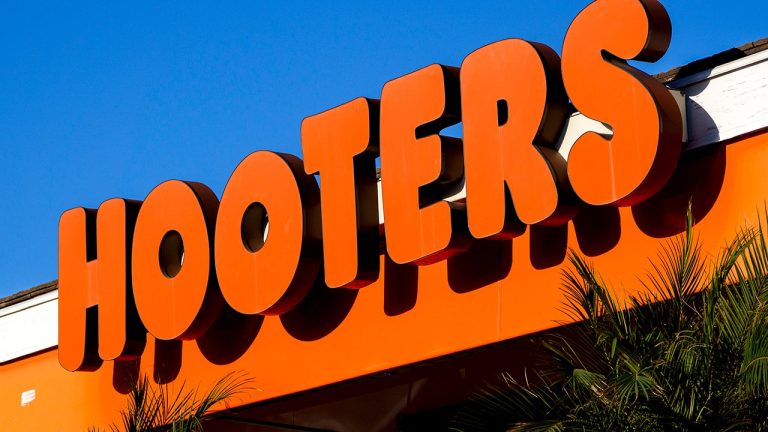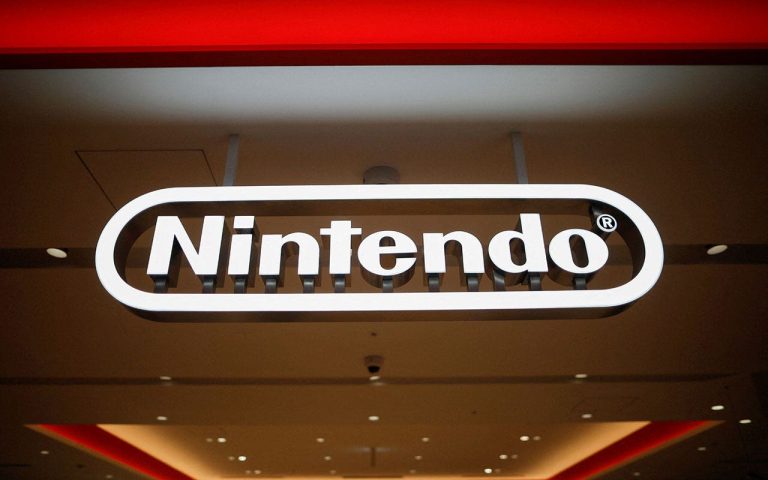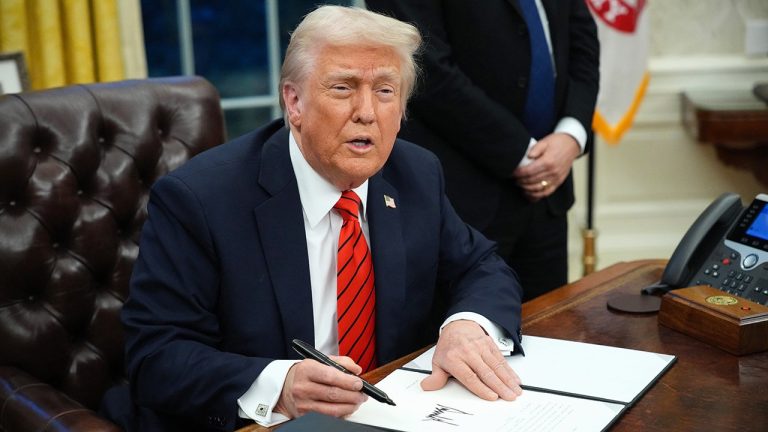
State pensioners could secure another large increase to their payments when the triple lock triggers this year despite inflation falling today.
Another sizeable increase would be good news for state pensioners struggling with the rising cost of living, but they could soon end up paying tax on their state pension payments.
David Pye, director at leading independent consultancy Broadstone, said: “It looks likely that the state pension will rise above £11,000 next year which will further embed its importance as the foundation of pensioners’ income.
“At this current rate of increase, it won’t be long before retirees start tripping over the £12,500 income tax threshold solely based on the state pension.”
The analyst warned the large increases mean the triple lock may not be sustainable for much longer as the payments put increasing pressure on the public purse.
Mr Pye said: “However, with Government finances under pressure, the soaring cost of the state pension triple lock will raise further questions around its long-term viability.
“A demographic bomb is soon to hit with a significant number of baby boomers approaching retirement which will ratchet up the state pension’s cost to the taxpayer’s public purse.”
The full new state pension would need to increase by around four percent for payments to hit £11,000 a year – a four percent increase would boost payments by £424 a year to a total of £11,024.
The Bank of England previously predicted inflation would be at seven percent in September when the inflation figure for the triple lock is recorded.
With a seven percent increase, the full new state pension would increase by £742 a year to £11,342.
Many analysts have warned the triple lock will soon become unaffordable as a metric for deciding how much the state pension increases.
Edmund Greaves, co-editor of personal finance blog Mouthy Money, previously told Express.co.uk the policy “patently unsustainable from a public finance, and generational fairness, perspective”.
He explained: “While there are certainly many pensioners reliant on the payments for their day-to-day living, the vast majority have accrued decent levels of wealth over a lifetime.
“This leaves us in the toxic situation where younger working age people, who are generally worse off than pensioners, are paying for older people’s retirements without being able to save adequately for their own.
“Let’s be clear too that there is no state pension fund to drawn upon – it is paid for out of general taxation.
“I’m no fan of increasing taxes or creating new ones, but we’re now in a position where unless the state recoups some of the costs of the state pension from wealthier pensioners, then the inequality created by economic distortions in the triple lock rules are going to take us to a breaking point.”
For the latest personal finance news, follow us on Twitter at @ExpressMoney_.





